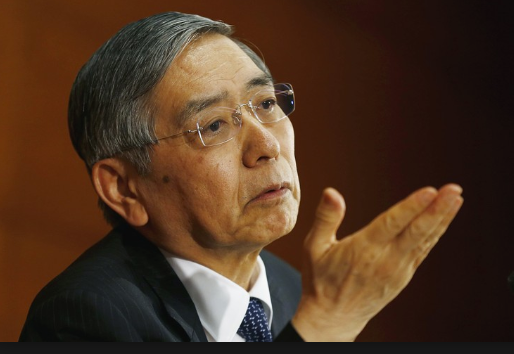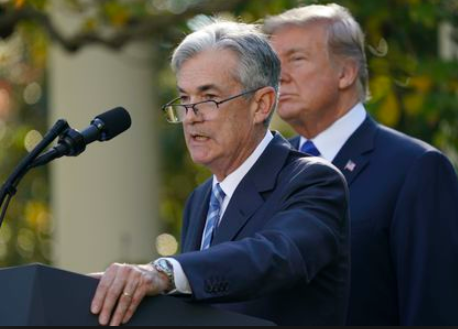 In today’s “less than surprising data point” category, the clear winner is Gallup’s analysis of people’s ever increasing distrust in the mass media. From 46% in 1998, the percentage of people who indicate they have “not very much/none at all” trust in mass media has grown to a stunning 57% currently. This is an all time record, as the general public perception toward the MSM has flipped over the past decade. Is it becoming increasingly more difficult to lie to the average American? In this time of unprecedented economic upheaval, where the political regime depends on just how far any given administration’s lies can penetrate amongst the broader population, this may well become the most critical factor in determining policy for the future. And with ever increasing alternatives of non-traditional media, could the legacy ad-supported media model, which by definition is one which espouses the status quo, be doomed precisely by the slow but steady education of the average American, who intuitively realizes that nearly every “fact” appearing in the media, especially that supported by any given political party, is a lie?
In today’s “less than surprising data point” category, the clear winner is Gallup’s analysis of people’s ever increasing distrust in the mass media. From 46% in 1998, the percentage of people who indicate they have “not very much/none at all” trust in mass media has grown to a stunning 57% currently. This is an all time record, as the general public perception toward the MSM has flipped over the past decade. Is it becoming increasingly more difficult to lie to the average American? In this time of unprecedented economic upheaval, where the political regime depends on just how far any given administration’s lies can penetrate amongst the broader population, this may well become the most critical factor in determining policy for the future. And with ever increasing alternatives of non-traditional media, could the legacy ad-supported media model, which by definition is one which espouses the status quo, be doomed precisely by the slow but steady education of the average American, who intuitively realizes that nearly every “fact” appearing in the media, especially that supported by any given political party, is a lie?
From Gallup’s study on media distrust:
For the fourth straight year, the majority of Americans say they have little or no trust in the mass media to report the news fully, accurately, and fairly. The 57% who now say this is a record high by one percentage point.

The 43% of Americans who, in Gallup’s annual Governance poll, conducted Sept. 13-16, 2010, express a great deal or fair amount of trust ties the record low, and is far worse than three prior Gallup readings on this measure from the 1970s. (more…)



 In today’s “less than surprising data point” category, the clear winner is
In today’s “less than surprising data point” category, the clear winner is 